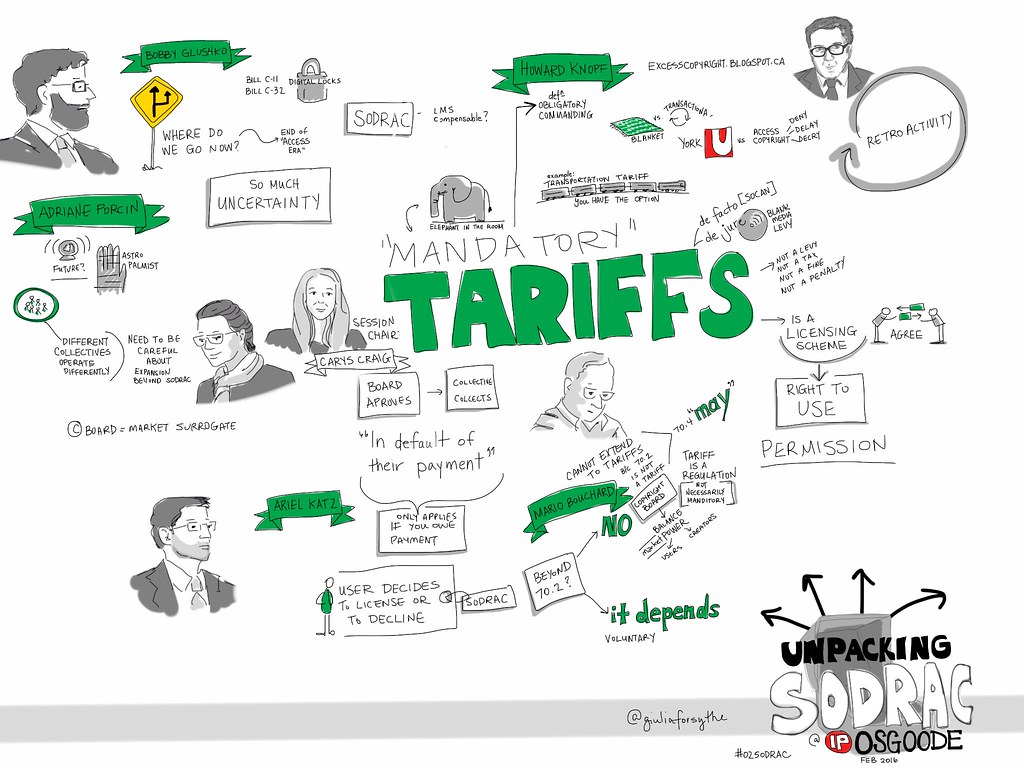Key Takeaways:
- The Wall Street Journal criticizes President Trump’s new 25% tariffs on auto imports and his approach to business.
- The editorial compares Trump’s actions to policies proposed by Kamala Harris, implying similar strategies.
- Lower-priced cars imported from Mexico, South Korea, and Japan face the harshest impact.
- Potential price increases could lead to layoffs, raising doubts about Trump’s understanding of market dynamics.
- Businesses may need to reconsider their optimism about Trump’s policies.
Trump’s Tariffs Spark Backlash: Is It Time to Rethink Business Optimism?
President Donald Trump’s recent announcement of steep 25% tariffs on auto imports has sparked criticism from The Wall Street Journal’s editorial board. The board questioned the wisdom of this move and how it aligns with Trump’s previous stance against government interference in markets.
A Shift in Policy: The editorial highlights a notable shift in Trump’s approach, drawing parallels to Kamala Harris’s past proposals on price controls. Trump had previously criticized Harris’s ideas as socialist, yet his current actions seem to mirror those strategies. The board suggests that Trump may be adopting similar tactics to manage the economic fallout of his tariffs.
The Impact on Autos: The tariffs primarily target lower-priced sedans imported from Mexico, South Korea, and Japan. However, the effects could extend to popular pickup trucks and SUVs produced domestically. This raises concerns about price hikes and potential layoffs if consumer demand drops due to increased costs.
Economic Uncertainty: The Journal raises important questions about how Trump’s policies might affect jobs. If higher prices lead to reduced demand, companies may be forced to lay off workers. The editorial questions whether Trump would then intervene, adding another layer of uncertainty for businesses.
A Re-evaluation of Optimism: Businesses had high hopes when Trump returned to office, believing he understood market mechanics. However, the recent tariff decisions and their implications might make them reconsider their confidence in his economic policies.
Conclusion: The Wall Street Journal’s critique serves as a cautionary note for businesses and consumers alike. As Trump’s policies unfold, the true impact on the economy and job market remains to be seen. This situation underscores the complexity of balancing economic strategies with political agendas.
